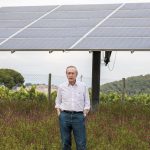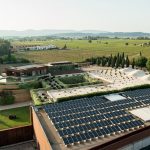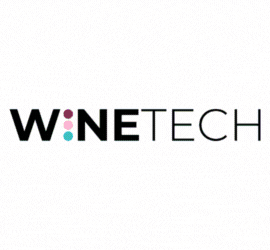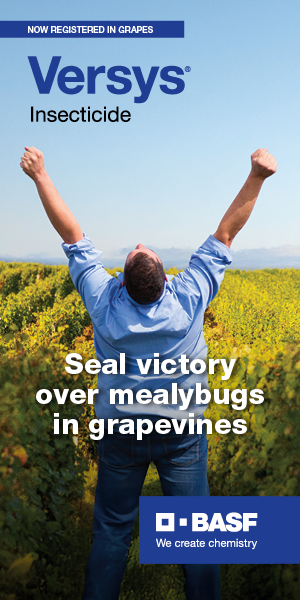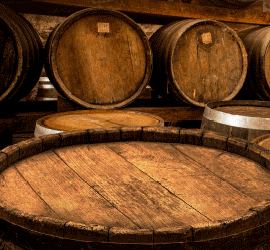According to the latest audited balance sheet of Familia Torres (specifically Miguel Torres S.A.), the winery has reduced its CO₂ emissions per bottle by 36 per cent from 2008 to 2022 in scopes 1, 2 and 3, a reduction that stands at 46% from the vineyard to the consumer if only direct emissions (scopes 1 and 2) are taken into account.
To achieve its emission reduction goal of 60% in 2030 and become a net zero emissions winery in 2040, Familia Torres is focusing on renewable energies. These efforts include photovoltaic self-consumption projects and the biomass boiler, which contribute significantly to the reduction of emissions, as well as the capture and reuse of CO₂ from wine fermentation. The 2022 balance also takes into consideration the absorption of CO₂ carried out by trees planted on self-owned land in Chile.
The winery is implementing emissions solutions across the value chain, such as the more extensive use of the CO₂ calculator, which the winery has developed for its grape suppliers. This enables the considerable reduction of emissions transferred to the winery in 2022 and aids the offset of emissions generated by the increased number of trips and commercial displacements.
Familia Torres is also examining emissions related to wine packaging beyond the reduction of the bottle weight. In Familia Torres’ wineries in Spain, 95% of the bottles produced already weigh less than 420 grams and are considered light – and that goes through the reuse of glass bottles.
The winery participated in the ReWine project between 2016 and 2020, is now part of the new project of glass bottle reuse in the Spanish wine sector REBO2VINO, which will take place from 2022 to 2025. Coordinated by the Federación Española del Vino (FEV), its objective is to analyse the feasibility and main critical points of implementing a system for reusing glass bottles in the wine sector for the HORECA channel at a national level and lay the foundations to extrapolate the model at European level. The project has developed the design and production of a reusable bottle that could serve as a standard model to favour reuse. An experimental pilot test will be carried out this year in five Garraf establishments to distinguish the environmental, technical and economic impact of this circular economy system.
Three new photovoltaic self-consumption projects are planned for the roofs of Familia Torres’ main winery in Pacs del Penedès. These new facilities will increase its total installed power by 25%. The winery also plans to expand the system for capturing and reusing CO₂ from wine fermentation, which was launched during the 2021 harvest. This circular economy project makes it possible to capture the CO₂ generated during wine fermentation (a CO₂ that the vine absorbed during its development) to be used as an inert gas in wine vessels and avoid the purchase of this gas externally. Before the next campaign, the winery plans to increase the number of deposits that are part of this circuit which will extend the days of carbon dioxide capture, with the aim of becoming 100% self-sufficient in the consumption of this gas during harvest.
Are you a Daily Wine News subscriber? If not, click here to join our mailing list. It’s free!


